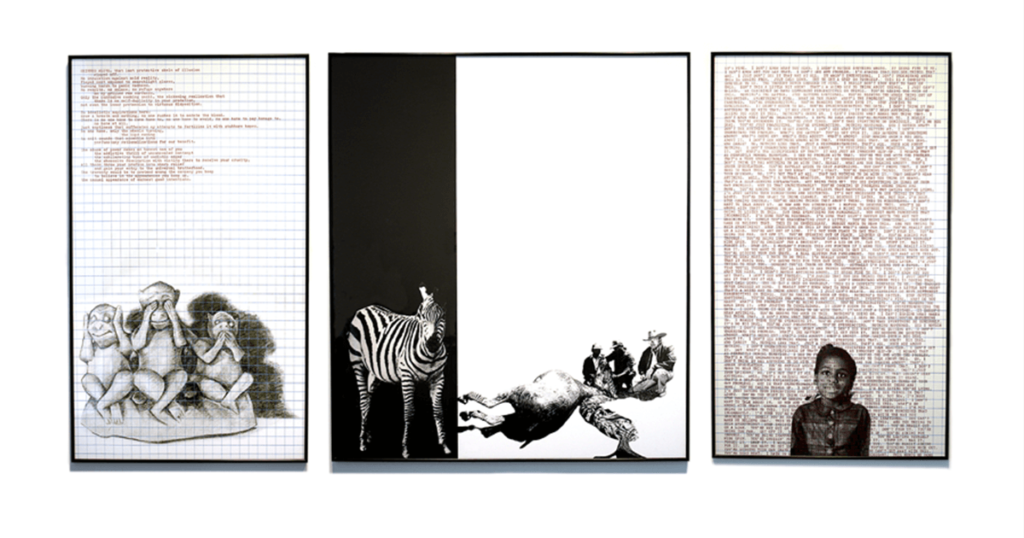
 Today, I published a long profile in The New York Times Magazine of the conceptual artist and analytic philosopher Adrian Piper, whose groundbreaking retrospective is now on exhibition at the Museum of Modern Art. I became interested in Piper last winter, when I read about her decision, several years ago, to “retire” from being black. Piper, who is 70 years old, is a light-skinned woman of partially African descent who does not appear to be “black” in the way that many people expect. Having left the United States for Berlin in 2006, she realized that she could no longer fulfill other people’s expectations with regard to race. In addition to her artwork (which ranges from conceptual and minimal to video, performance, painting, sculpture, and drawing), Piper has created some of the sharpest writing I have ever encountered on racial identity in America—specifically, but not only, that strange liminal space where color categories become unstable.
Today, I published a long profile in The New York Times Magazine of the conceptual artist and analytic philosopher Adrian Piper, whose groundbreaking retrospective is now on exhibition at the Museum of Modern Art. I became interested in Piper last winter, when I read about her decision, several years ago, to “retire” from being black. Piper, who is 70 years old, is a light-skinned woman of partially African descent who does not appear to be “black” in the way that many people expect. Having left the United States for Berlin in 2006, she realized that she could no longer fulfill other people’s expectations with regard to race. In addition to her artwork (which ranges from conceptual and minimal to video, performance, painting, sculpture, and drawing), Piper has created some of the sharpest writing I have ever encountered on racial identity in America—specifically, but not only, that strange liminal space where color categories become unstable.
Since the birth of my blond, blue-eyed daughter (still “black,” according to U.S. racial custom) almost five years ago, I knew that I also wanted out of the stifling American racial binary that I’d accepted all my life without question. As for my daughter, I didn’t (and still don’t) want her simply to settle into a “white” identity. Rather, what I wanted for both of us, without quite having the vocabulary for it, was something a lot like Piper’s idea of retirement.
Very few people still seriously contend (at least in public) that what we think of as “race” is biologically grounded. But as Walter Benn Michaels put it most convincingly in his 2006 book, The Trouble With Diversity (which, incidentally, also considers the figure of pre-retirement Piper): “Treating race as a social fact amounts to nothing more than acknowledging that we were mistaken to think of it as a biological fact and then insisting that we ought to keep making the mistake.” We have to do away with the concept in both of its senses.
This will not be easy, and I already know a lot of people—black, white, and somewhere in between, who reject such a move. But for those who do not—and not just those of us on the racial margins—I believe Piper’s life and ideas point a viable and desirable way forward.

